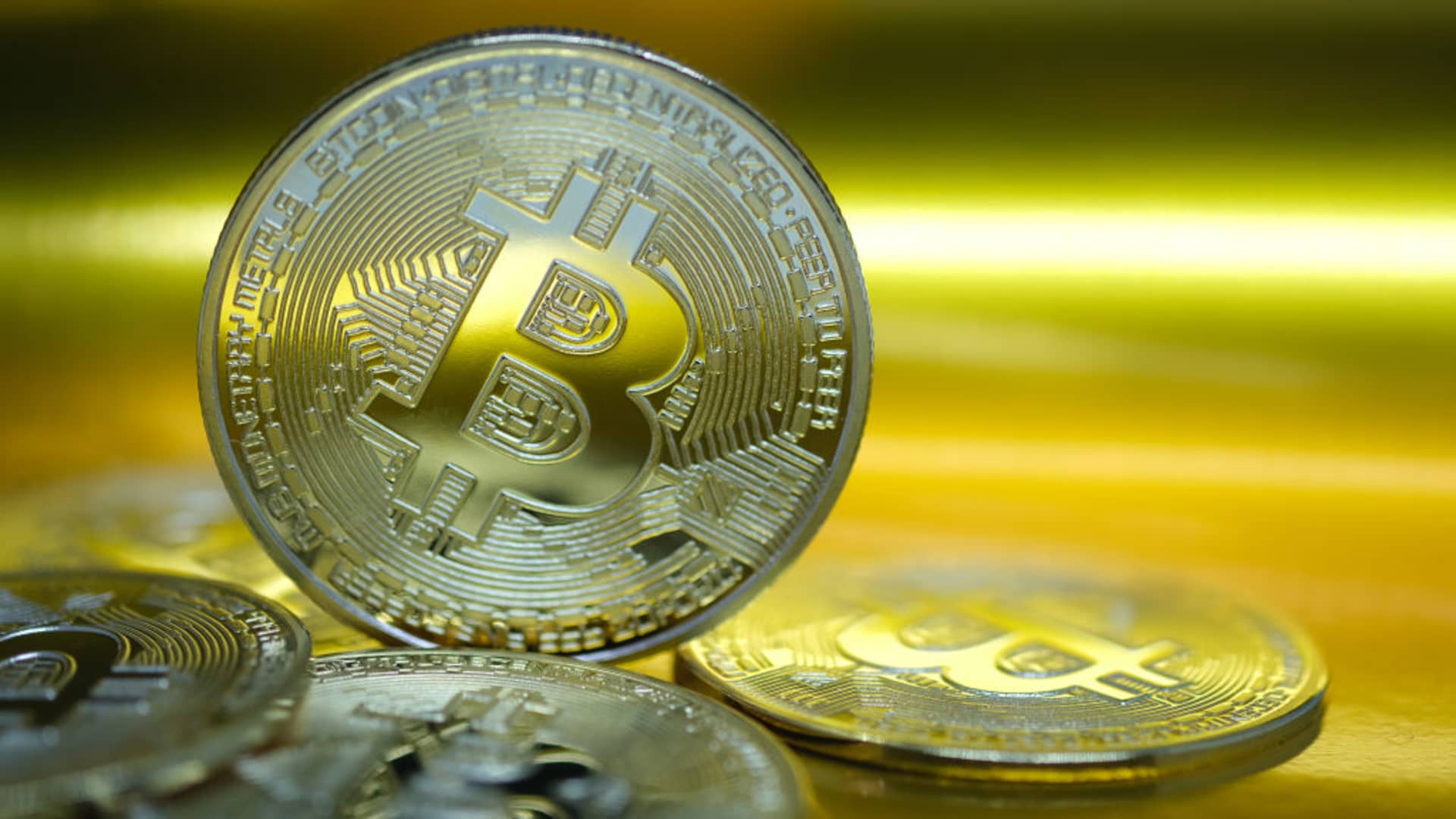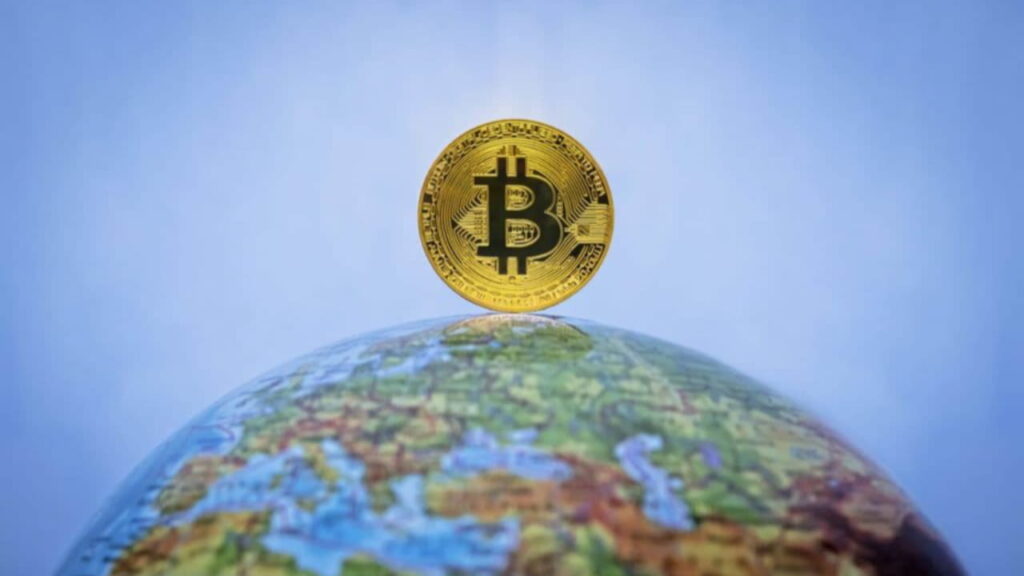Investors worry about a $97 trillion liquidity bubble growing as global markets face economic uncertainty. Central banks worldwide have printed massive quantities of money, boosting asset values and distorting markets. In this case, Bitcoin Global Liquidity Bubble Bitcoin (BTC) represents a promising hedge against inflation, currency devaluation, and systemic financial concerns.
Understanding the Global Liquidity Bubble
The global liquidity bubble is the result of central bank policies like stimulus spending, low interest rates, and quantitative easing (QE), which have led to an excess of money in the financial markets. The financial crises of 2008 and the COVID-19 epidemic prompted governments and central banks to pump trillions of dollars into economies to maintain growth and forestall collapses. However asset bubbles, skyrocketing inflation, and unmanageable levels.
The Role of Traditional Safe-Haven Assets
Historically, investors have turned to traditional safe-haven assets like gold, Bitcoin Global Liquidity Bubble government bonds, and real estate during times of economic uncertainty. While these assets offer stability, they come with limitations:
- Gold: While gold has been a store of value for centuries, it has limitations in terms of divisibility, portability, and storage costs.
- Government Bonds: Bonds have traditionally been a low-risk asset, but with rising inflation and low interest rates, real returns on bonds have diminished.
- Real Estate: Property investments require significant capital and lack liquidity compared to digital assets.
Bitcoin as a Superior Hedge
Bitcoin is a more attractive hedge against financial instability and liquidity excesses than traditional safe-haven investments due to its numerous advantages.There will only ever be 21 million Bitcoins in circulation, in contrast to fiat currencies that can have their value endlessly increased.
 Bitcoin is decentralized, meaning it is not overseen by a single entity like a bank or government. It runs on a blockchain network. Because of its autonomy, it is not susceptible to the monetary policies and interventions that cause bubbles in liquidity. Bitcoin, in contrast to conventional currencies, is immune to devaluation by inflationary measures.
Bitcoin is decentralized, meaning it is not overseen by a single entity like a bank or government. It runs on a blockchain network. Because of its autonomy, it is not susceptible to the monetary policies and interventions that cause bubbles in liquidity. Bitcoin, in contrast to conventional currencies, is immune to devaluation by inflationary measures.
Portability and Global Accessibility
Bitcoin, in contrast to gold, is entirely digital and accessible from any location with an internet connection. This makes it a perfect asset for a digital economy, particularly for countries with uncertain financial systems or capital controls. In recent years, Bitcoin has become more popular among institutional investors and and hedge funds.
And corporations seeking to protect themselves from currency devaluation. Companies such as MicroStrategy, Tesla, and Square have added Bitcoin to their balance sheets as a hedge. Additionally, the advent of Bitcoin exchange-traded funds (ETFs) and more clear regulations have encouraged more institutional involvement in the crypto market.
Challenges and Risks
Despite its advantages, Bitcoin is not without risks. Investors should be aware of potential challenges before allocating significant portions of their portfolio to BTC.
- Volatility: Bitcoin’s price is highly volatile, experiencing significant fluctuations within short timeframes. While this presents opportunities for traders, long-term investors need to adopt a strategic approach.
- Regulatory uncertainty: governments worldwide continue to develop regulatory frameworks for cryptocurrencies. While increasing regulation can bring legitimacy, overly restrictive policies could hinder Bitcoin’s adoption.
- Security Concerns: Holding Bitcoin requires secure storage solutions, as hacks and cyber threats remain a risk in the digital asset space.
Bitcoin’s Future in a Fragile Financial System
It is becoming more clear that Bitcoin can be used as a safeguard against the Bitcoin Global Liquidity Bubble excessive global liquidity as economic uncertainty rises. Bitcoin might revolutionise the financial sector given its increasing institutional backing, rising adoption, and finite supply.
 Many macroeconomic factors might accelerate Bitcoin’s acceptance. To protect their purchasing power from inflation, investors will look for alternative assets such as Bitcoin. If the economy contracts as a result of interest rate hikes taken by central banks to curb inflation, investors may seek out decentralized assets.
Many macroeconomic factors might accelerate Bitcoin’s acceptance. To protect their purchasing power from inflation, investors will look for alternative assets such as Bitcoin. If the economy contracts as a result of interest rate hikes taken by central banks to curb inflation, investors may seek out decentralized assets.
Conclusion
The $97 trillion global liquidity bubble poses risks. That Bitcoin has solidified as a viable hedge against. It offers an attractive alternative. To conventional safe-haven assets due to their finite supply. Decentralization, and increasing institutional adoption. The potential of Bitcoin to mitigate inflationary pressures. And preserve wealth is undeniable, even though it is still subject to regulatory hurdles and volatility. Bitcoin is a digital stronghold that protects against financial instability and monetary excess as the world faces economic uncertainty.


